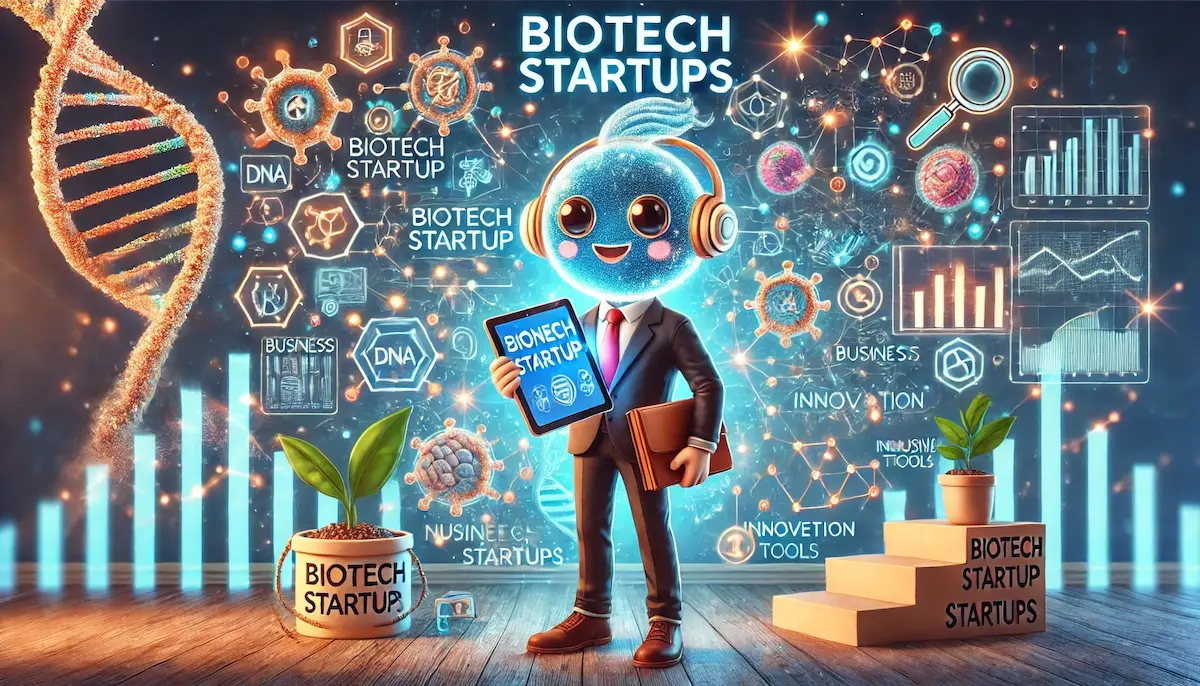Biotech startups are young companies in the biotechnology industry that focus on developing innovative products and technologies based on biological research and processes. These startups operate at the intersection of science and business, working to translate breakthroughs in biology, chemistry, genetics, and related fields into practical solutions that can improve healthcare, agriculture, environmental sustainability, and more.
Origins and Importance
The rise of biotech startups began in the late 20th century, driven by rapid advancements in molecular biology, genetics, and the Human Genome Project. The ability to manipulate DNA and other biological materials opened up new possibilities for drug development, diagnostics, and agricultural improvements. These developments sparked a wave of entrepreneurial activity as scientists and business leaders recognized the potential to create new products that could address critical challenges in medicine and beyond.
Biotech startups are important because they are often the source of some of the most groundbreaking innovations in science and medicine. By pushing the boundaries of what is possible with biological technologies, biotech startups play a crucial role in advancing healthcare, improving food security, and addressing environmental issues. They are also key drivers of economic growth, attracting significant investment and creating high-quality jobs.
Key Characteristics
- Innovation-Driven: Biotech startups are characterized by their focus on scientific and technological innovation. They often emerge from academic research or breakthroughs in laboratory settings and aim to commercialize these innovations.
- High Risk, High Reward: Biotech startups face significant risks, including long development timelines, high R&D costs, regulatory challenges, and the uncertainty of scientific outcomes. However, successful startups can achieve substantial rewards, both financially and in terms of societal impact.
- Intensive R&D: The core activity of most biotech startups is research and development (R&D). This includes drug discovery, genetic engineering, development of diagnostic tools, and other activities that require significant scientific expertise and resources.
- Regulatory Complexity: Navigating the regulatory landscape is a major challenge for biotech startups, particularly in healthcare. Startups must comply with regulations from agencies like the FDA (Food and Drug Administration) in the U.S. or the EMA (European Medicines Agency) in Europe to bring products to market.
- Funding and Investment: Biotech startups typically require substantial capital to fund their R&D efforts. They often rely on venture capital, angel investors, government grants, and partnerships with larger pharmaceutical companies for funding.
Benefits of Biotech Startups
Biotech startups offer several significant benefits:
- Advancement in Healthcare: Many biotech startups focus on developing new therapies, vaccines, and diagnostic tools that can address unmet medical needs, improving patient outcomes and quality of life.
- Economic Impact: Biotech startups contribute to economic growth by creating jobs, attracting investment, and driving innovation in related industries.
- Addressing Global Challenges: Beyond healthcare, biotech startups are also working on solutions for food security, environmental sustainability, and industrial biotechnology, helping to tackle some of the world’s most pressing challenges.
- Fostering Innovation: By focusing on cutting-edge research and development, biotech startups are often at the forefront of technological advancements in the life sciences.
Challenges and Considerations
While biotech startups offer numerous opportunities, they also face significant challenges:
- High R&D Costs: The cost of developing biotech products, especially pharmaceuticals, is extremely high, often requiring hundreds of millions of dollars and many years of research and clinical trials.
- Regulatory Hurdles: Gaining regulatory approval is a complex and lengthy process, particularly for new drugs and medical devices. Startups must navigate this landscape carefully to succeed.
- Market Competition: The biotech industry is highly competitive, with many companies racing to develop similar products. Startups must differentiate themselves and protect their intellectual property to succeed.
- Scientific Uncertainty: Biotech startups operate in a field where scientific outcomes are uncertain. Not every research project will lead to a viable product, making the path to success unpredictable.
- Talent Acquisition: Attracting and retaining top talent in both scientific and business roles is crucial for the success of biotech startups, but it can be challenging in a competitive market.
Conclusion
Biotech startups are at the forefront of innovation, driving advances in healthcare, agriculture, and environmental sustainability. While they face significant challenges, including high costs, regulatory hurdles, and scientific uncertainty, the potential rewards make them a vital part of the global innovation ecosystem. By combining scientific discovery with entrepreneurial spirit, biotech startups have the power to create products and technologies that can change the world.
Blockfine thanks you for reading and hopes you found this article helpful.
